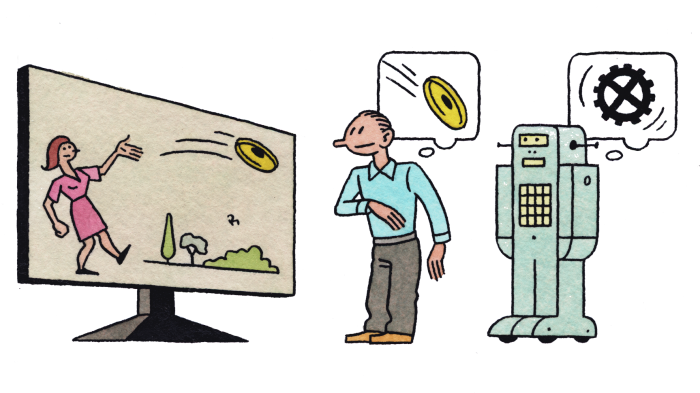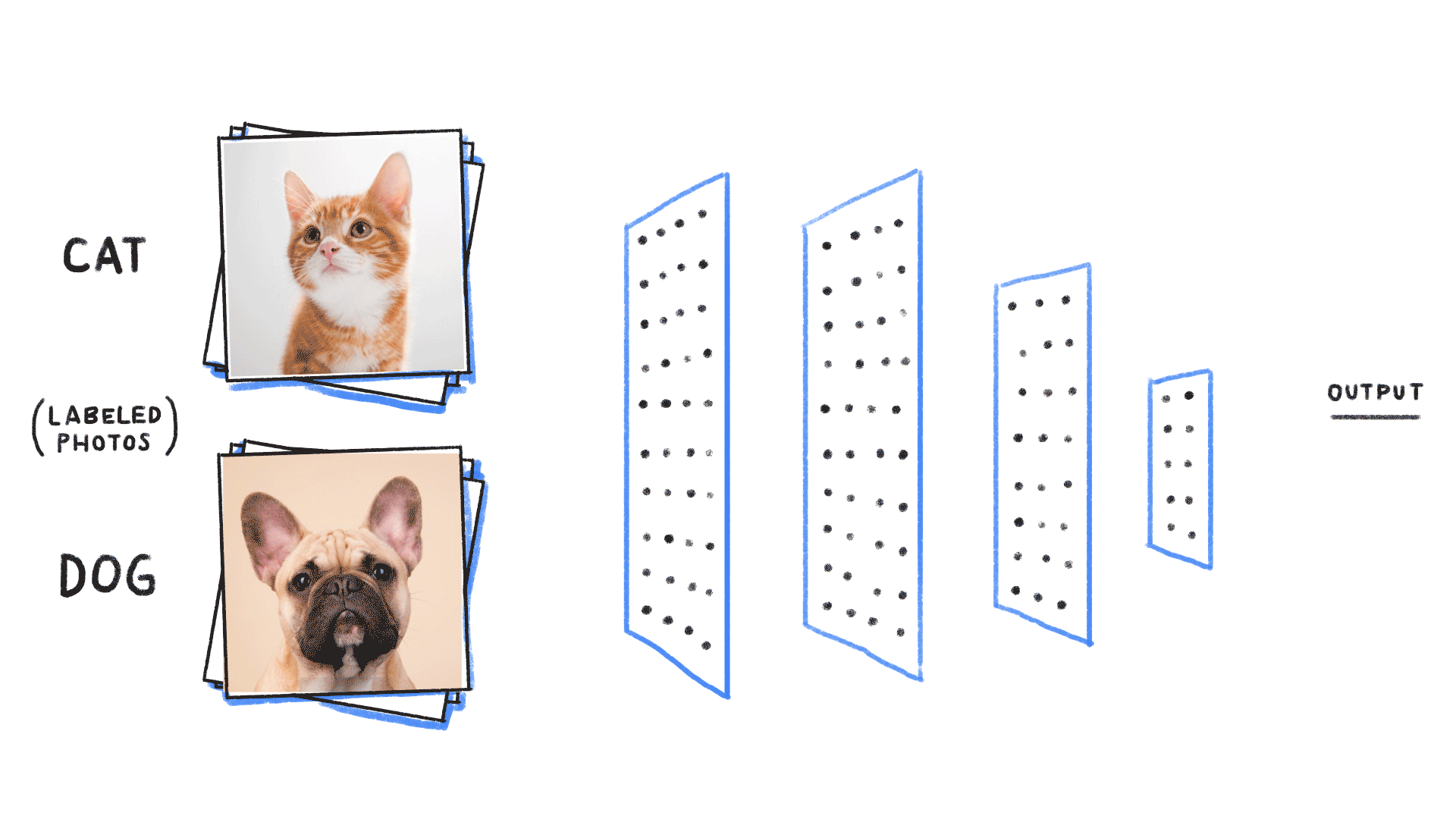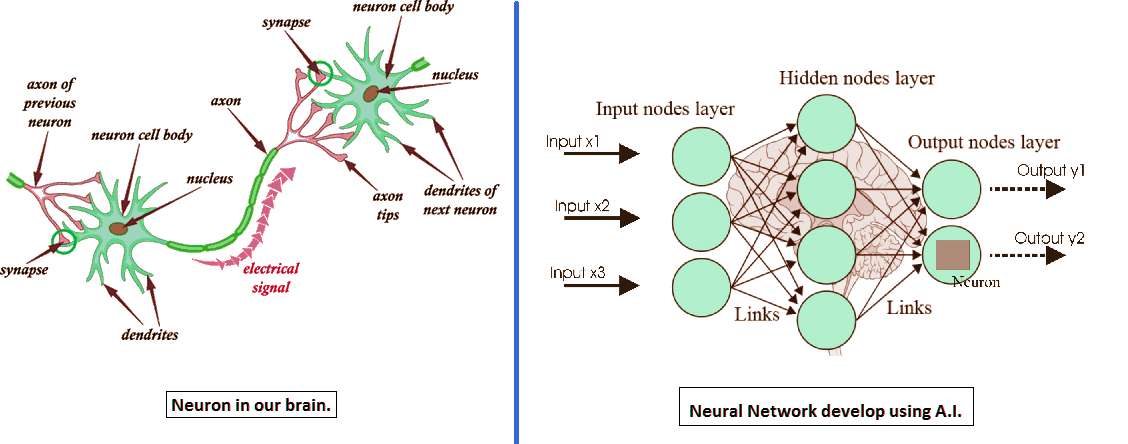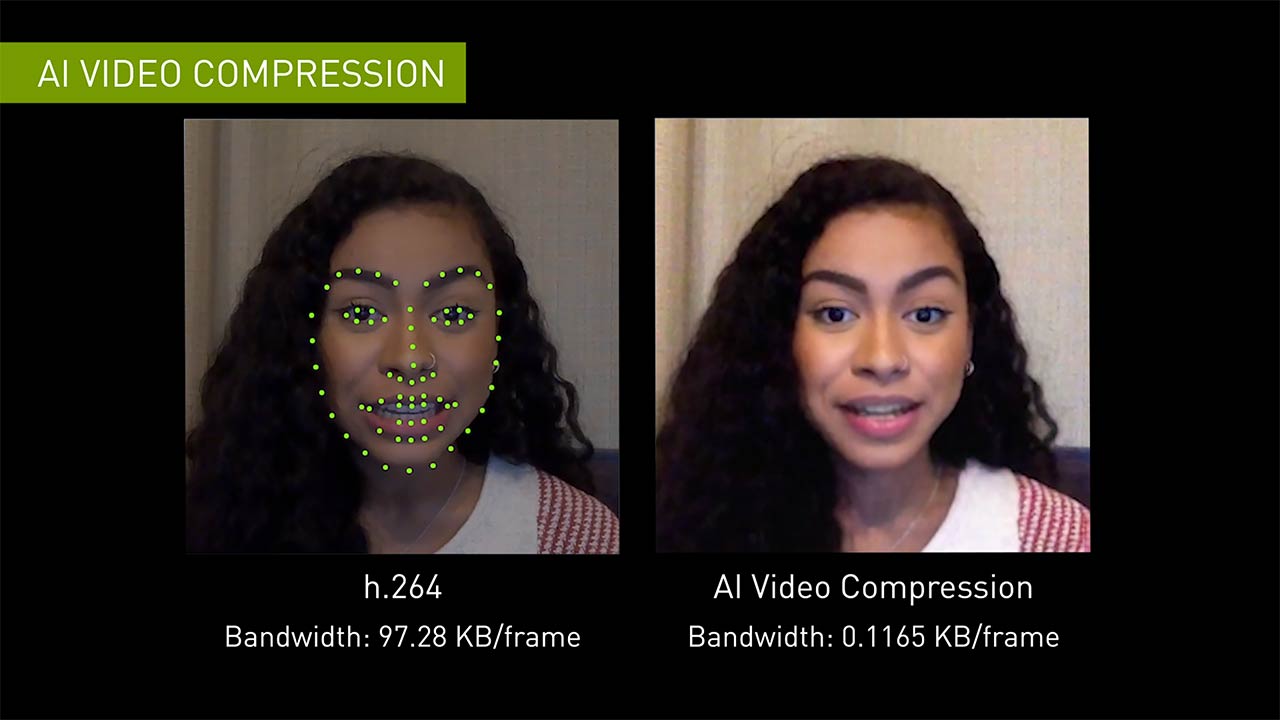Answering "Artificial Intelligence - harmful or helpful?"

This article is the answer to my previous blog post "Artificial Intelligence - harmful or helpful?". Writing this answer article is a task of the Artificial Intelligence (AI) class.
Task
Now, at almost the end of the course and after learning the technical foundations of AI, we ask you to revisit your opinion piece, and provide a concise and convincing reply.
Then, read the following article:
- Rodney Brooks, “The Seven Deadly Sins of AI Predictions”, Technology Review, October 6, 2017, available online (2020-08-26)
Now create a follow-up post to your P01 piece (or theses) that summarizes and then gives any updates (be it a change or rather a reinforcement) of your previous opinion. Make it as concise as possible while still being argumentatively convincing. Make sure it has at most 500 words (that is roughly a one-pager).
Prelude
Now that I gained lots of insight on how AI is supposed to work and how so called intelligent algorithms are working and the basic principles for solving a problem using AI. I'm somewhat disappointed on our progress considering the existing hype. My expectations has been higher thinking about all the articles talking about the immense potential AI has. But on the other hand, my intuition and what i wrote in my first article has become more evident. We're not there yet to build a general AI. We're not even close and i don't think it's possible with the current Computers we're using. We scratched the surface and gained some deeper understanding, we saw limitations and need to try harder or think of other approaches.
Is the expression "Artificial Intelligence" justified?
In my opinion, what is considered AI today is nothing more than smart coding or you could call it smart design patterns/principles using some mathematical probabilistic/stochastic calculation principles to support on decision taking.
The expression "Artificial Intelligence" is not justified for only the field of computer science it is used for today. Either we use the expression in each fields of computer science or i would propose to rename it to "advanced computer science": What we actually try to do is to compute in a advanced way, we try to use everything we've learned, everything possible today and create an algorithm we hardly understand ourselves to take decisions in the way we think it is right.
Knowledge representation is not simple
As of now there's no general algorithm or code solution that can be used for very different e.g. general problems. It starts already by providing the data for such kind of solution, e.g how to feed data in an interpretable way to such an algorithm? Can it answer questions in text form? can it recognize speech, what about a picture? How does it access map informations if asked for directions? How does it know what it knows and does it understand what it knows? The article "The Seven Deadly Sins of AI Predictions" has a good example what is currently not possible with AI. I wanted to point out the following two paragraphs under "3. Performance versus competence":

Now suppose a person tells us that a particular photo shows people playing Frisbee in the park. We naturally assume that this person can answer questions like What is the shape of a Frisbee? Roughly how far can a person throw a Frisbee? Can a person eat a Frisbee? Roughly how many people play Frisbee at once? Can a three-month-old person play Frisbee? Is today’s weather suitable for playing Frisbee?
Computers that can label images like “people playing Frisbee in a park” have no chance of answering those questions. Besides the fact that they can only label more images and cannot answer questions at all, they have no idea what a person is, that parks are usually outside, that people have ages, that weather is anything more than how it makes a photo look, etc.
This shows the problem for a general AI. We don't have a solution for replacing all or at least a part of the knowledge a human gains when growing up and build it somehow into an AI system.
To solve this problem the AI would need to know what it sees. And to know what it sees it would need all the data about this object it has recognized. So suddenly, you don't have to implement only an algorithm that can be trained to recognize some pictures, you would also need all the knowledge about the possible objects shown in the images it can recognize. The knowledge, e.g. the data would explode. There would be so many informations to learn and this can't be handled as the computation and the knowledge representation is limited. Even if you would somehow solve this, all of the data needs to be stored and accessed in a useful time and you can't predict all the objects that might be recognized in some newly presented pictures to the algorithm. In short, you would need all the knowledge a human has gained throughout his life in recognizing objects and all the informations he has in his mind about these.

To avoid these kind of problems, you would train your algorithm in a very limited way. You would train it for one specific problem. Maybe to recognize a Cat, or to distinct between Cats and Dogs. But note, the algorithm doesn't know anything about a Cat or a Dog. These are only labels. The algorithm can recognize certain features inside the picture and thus tell if it should be labeled with "Cat" or "Dog" or none of them (by using the experience from the training data).
What then can we achieve with this overhyped AI?
Since we lack a general AI, there are now many specialized applications in which we've made some impressive progress.
Here is an incomplete graph which shows many different AI techniques used today:

I also wrote in my first article that we are mainly simulating brain processes using state of the art knowledge on how our brain is actually working. Either in a technical way like using neuronal networks or on how we are taking decisions by using logical reasoning, emotions and our experiences. Most of the AI techniques from above can be seen as such a process simulation.

AI systems today are even using some of these techniques combined or in sequence but there isn't a system which can do all of it together like our brain probably does. You also need to imagine that a human needs to check if the AI system he built is making sense or is working correctly in the end. But if you've created such complicated AI system you may can't judge or validate the outcome and then who will tell you that it is actually doing what it should?
GAN? Why you should know what this AI technique can do
From all of these different techniques i want to point out the GANs, e.g. generative adversarial networks. These AI systems can do some scary/amazing stuff with pictures and videos:

The animated gif above shows GAN morphing ↑
One scary application is the creation of fakes especially deep fakes. Possible for pictures and also videos like the following:
The same technique for deep fakes in videos can be used to tremendously improve video call quality and bandwidth usage:

It becomes evident that this technique is very powerful and can be used for helpful applications or to trick people!
Answering
To finally answer the question if AI is harmful or helpful: It has probably become evident for everyone that it is in fact both.
AI or - the name i proposed earlier - "advanced computer science" can create very powerful solutions for complex problems. Because these solutions are sometimes very powerful and are even competing with our human brain capabilities in certain disciplines, we as human kind need to answer some severe questions on how to use this "advanced computer science" discipline in a responsible way.
It's our imaginations choice on what we'll build with it. But will it do helpful things or will it harm people and the way we live today? Will it even disturbingly change the society we live in today? Responsible usage will be the key.
Fortunately there are already many very intelligent people which are concerned / aware of possible future impacts and problems. One of such a group of people have created this ethical codex:
https://data-service-alliance.ch/innovation/codex
I really hope that AI is used to do helpful things in our humanity's future. In that sense a finishing quote:
“Be kind whenever possible. It is always possible.” - Dalai Lama